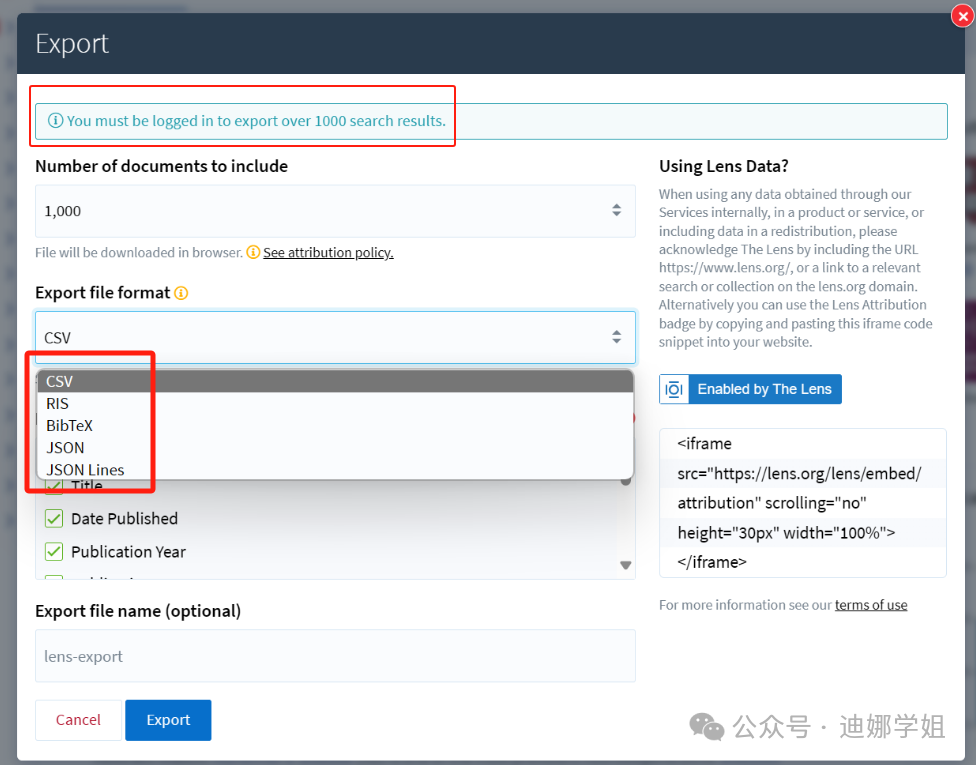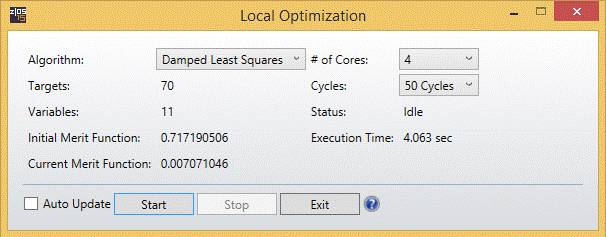继续向里面加,这次是引入thymeleaf渲染引擎。
使用这个引擎的很多,主要是以下几个优点:
- Thymeleaf是适用于Web和独立环境的现代服务器端Java模板引擎。
- Thymeleaf的主要目标是为您的开发工作流程带来优雅的自然模板 -HTML可以在浏览器中正确显示,也可以作为静态原型工作,从而可以在开发团队中加强协作。
- Thymeleaf拥有适用于Spring Framework的模块,与您喜欢的工具的大量集成以及插入您自己的功能的能力。
步骤:
1、pom.xml中引入包:
<dependency>
<groupId>org.springframework.boot</groupId>
<artifactId>spring-boot-starter-thymeleaf</artifactId>
</dependency>
同时确保spring-boot-starter-web这个包已经引入。
<dependency>
<groupId>org.springframework.boot</groupId>
<artifactId>spring-boot-starter-web</artifactId>
</dependency>
2、其实默认thymeleaf配置情况下已经可以用了,不过它默认启用了缓存,更适合生产环境,不太适合开发环境,需要关掉。
application.properties文件中,加入配置:
#thymeleaf 缓存设置
spring.thymeleaf.cache=false
spring.thymeleaf.prefix=classpath:/templates/
spring.thymeleaf.encoding=utf-8
spring.thymeleaf.suffix=.html
主要注意的是上面都是默认配置,只有cache=false是修改的。
prefix=classpath:/templates/两边的/都不要漏掉。
3、创建/templates/目录,在resources下。
创建模板文件。
web_1.html 这个包含了一个最简单的text的变量绑定
<!DOCTYPE html>
<html lang="en" xmlns:th="http://www.thymeleaf.org">
<head>
<meta charset="UTF-8">
<!-- <meta http-equiv="content-type" content="text/html;chatset=UTF-8">-->
<title>Title</title>
</head>
<body>
<p th:text="${hello}"></p>
</body>
</html>
web_2.html 这个包含了一个List类型变量的绑定,主要是演示遍历循环
<!DOCTYPE html>
<html lang="en" xmlns:th="http://www.thymeleaf.org">
<head>
<meta charset="UTF-8">
<!-- <meta http-equiv="content-type" content="text/html;chatset=UTF-8">-->
<title>Title</title>
</head>
<body>
<table border="1" cellspacing="0" cellpadding="0">
<tr>
<td>ID</td>
<td>Fid</td>
<td>Fname</td>
</tr>
<tr th:each="ware:${warehouses}">
<td th:text="${ware.Id}"></td>
<td th:text="${ware.Fid}"></td>
<td th:text="${ware.Fname}"></td>
</tr>
</table>
</body>
</html>
3、编写控制器文件 Demo2Controller.java
package org.rainpet.controller;
import org.rainpet.entity.Warehouse;
import org.rainpet.service.WarehouseService;
import org.rainpet.utils.StrUtils;
import org.springframework.beans.factory.annotation.Autowired;
import org.springframework.stereotype.Controller;
import org.springframework.ui.Model;
import org.springframework.web.bind.annotation.*;
import org.springframework.web.servlet.ModelAndView;
import javax.servlet.http.HttpServletRequest;
import java.util.LinkedList;
import java.util.List;
@Controller
@RequestMapping("/demo2")
public class Demo2Controller {
@Autowired
WarehouseService warehouseService;
@GetMapping("web1")
public String hello(Model model){
model.addAttribute("hello","hello welcome");
return "web_1";
}
@GetMapping("web2")
public String web2(HttpServletRequest request){
String name="note";
request.setAttribute("hello",name);
return "web_1";
}
@GetMapping("web3")
public ModelAndView web3(){
String name="note3";
ModelAndView modelAndView=new ModelAndView();
modelAndView.addObject("name",name);
List<Warehouse> warehouseList=new LinkedList<>();
Warehouse warehouse=new Warehouse();
warehouse.setId(1);
warehouse.setFid("01");
warehouse.setFname("测试01");
warehouseList.add(warehouse);
modelAndView.addObject("warehouses",warehouseList);
modelAndView.addObject("warehouse",warehouse);
modelAndView.setViewName("web_2");
return modelAndView;
}
}
需要注意的问题:
① thymeleaf需要配合@Controller 注解使用,一定不能使用@RestController注解
② LinkedList 对象需要java7及以上支持,需要修改项目的java兼容性,我是修改到了java8。
需要修改:Project Structure中项目的SDK、language level;

各个模块的Language Level、Dependencies中的Model SDK;


设置中的Build.Execution,Deployment中Compiler中,java Compiler的各个模块字节码的version,均改为8。
重新编译,同时在父项目中maven中执行install操作方可。

不然,可能会出现莫名错误:Could not resolve dependencies for project org.rainpet:Web:jar:1.0-SNAPSHOT: Failed to collect dependencies
4、重新编译,运行,打开页面:
http://localhost:8081/demo2/web1

http://localhost:8081/demo2/web2

http://localhost:8081/demo2/web3

到此,项目已经跑起来了。



















